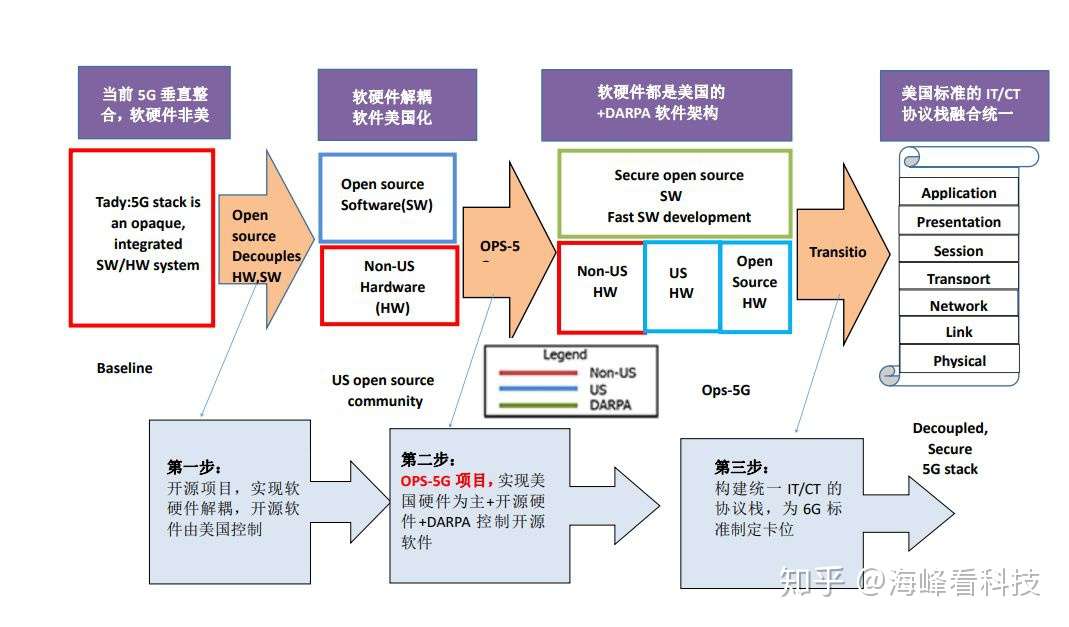And
@B.I.B.
It is not what you think. Read here,
O-RAN ALLIANCE has been founded in February 2018 by AT&T, China Mobile, Deutsche Telekom, NTT DOCOMO and Orange. It has been established as a German entity in August 2018.
ORAN is a consortium of operators to take control of what pieces of Radio Access Network HW and/or SW from whoever they may choose instead of being bound to a supplier, therefor control the price. It is telecom operators (trying to let in new element suppliers) against traditional system suppliers.
You are right about ORAN's technical problem. It is extremely inefficient both SW wise and HW wise that lead to its ultimate shortcoming "energy consumption" for doing the same job. So far, no system suppliers have taken up this approach but only paying lip services so not to upset the operators.
Lastly, it has nothing to do with companies from any specific country. All operators want to dictate the price setting and reduce their suppliers to slaves.



